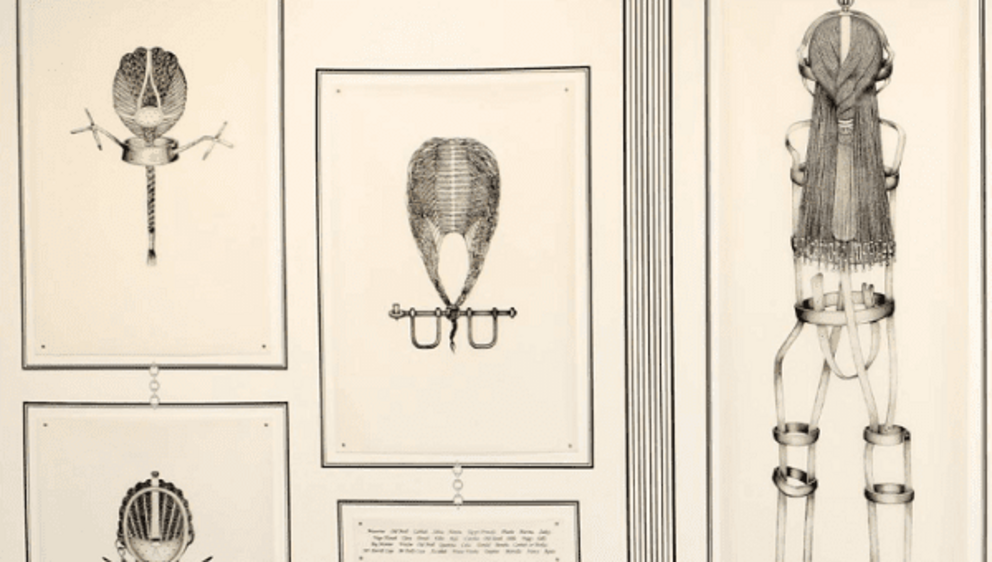Bahamas govt accuses British council of censorship
... over slave trade exhibition
The project would've served as the final phase of a series called 'Difficult Conversations' which were to be reflections of the UK’s involvement in the slave trade in the Caribbean, the Guardian has reported.
United Kingdom's cultural body, the British Council has come under scrutiny for censorship by the Bahamas government, further straining the relations amid the recent Windrush scandal.
The National Art Gallery of the Bahamas (NAGB), which is partnering with the U.K. body in a major exhibition this year rebuked it for causing "distress and disappointment" as it removed itself from an accompanying catalog about its "political" content without providing a valid reason.
The catalog in question was to be used for a Bahamian show in which the work of local artists has been displayed this year alongside Scottish artist Graham Fagen’s video installation re-working the Robert Burns song the Slave’s Lament, which was commissioned for the 2015 Venice Biennale by the British Council.
According to the NAGB, the UK body took an independent decision weeks before publication to remove its logo and texts from the document, while providing little or no little explanation for the decision other than to say that the material was "too political."
The project would've served as the final phase of a series called 'Difficult Conversations' which were to be reflections of the UK’s involvement in the slave trade in the Caribbean, the Guardian has reported.
The Bahamas gallery’s director, Amanda Coulson wrote to the council’s board pointing out that artists and other collaborators had also accused the UK cultural body of "fiercely editing their thoughts and voices. A general feeling of being silenced and exploited is the consensus."
"How this looks from our viewpoint is that a white Scotsman is sanctioned to talk about slavery – and is considered courageous and daring, fêted at the most prestigious international art event – but black people should stay silent because their feelings are too raw, too aggressive, and too ‘political’," added Coulson, who stressed that she and others were not criticising Fagen, according to the Guardian.
"That the British Council feels that it is wise to distance itself from these voices at such a time, shows a remarkable lack of compassion, care or – frankly – a strategic PR plan."
Gemma Hollington, the British Council’s head of exhibitions, responded, saying, "Firstly we want to extend our apologies. It’s clear that the artists feel upset by how we’ve approached this and we genuinely regret that."
"With hindsight, we could have handled this differently. From our perspective, the process was not us unilaterally telling them what to do, but working to make sure the essays were published in full while not affecting our non-political status. We continued to discuss with the NAGB throughout, and are still regularly in contact," Hollington said, per the Guardian.

